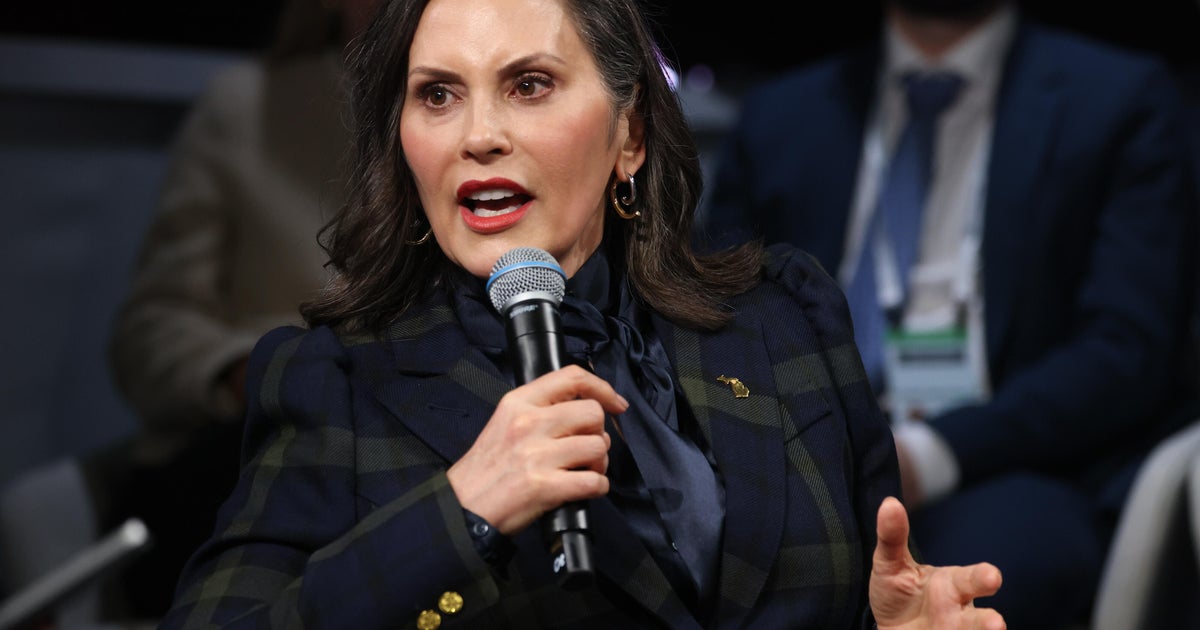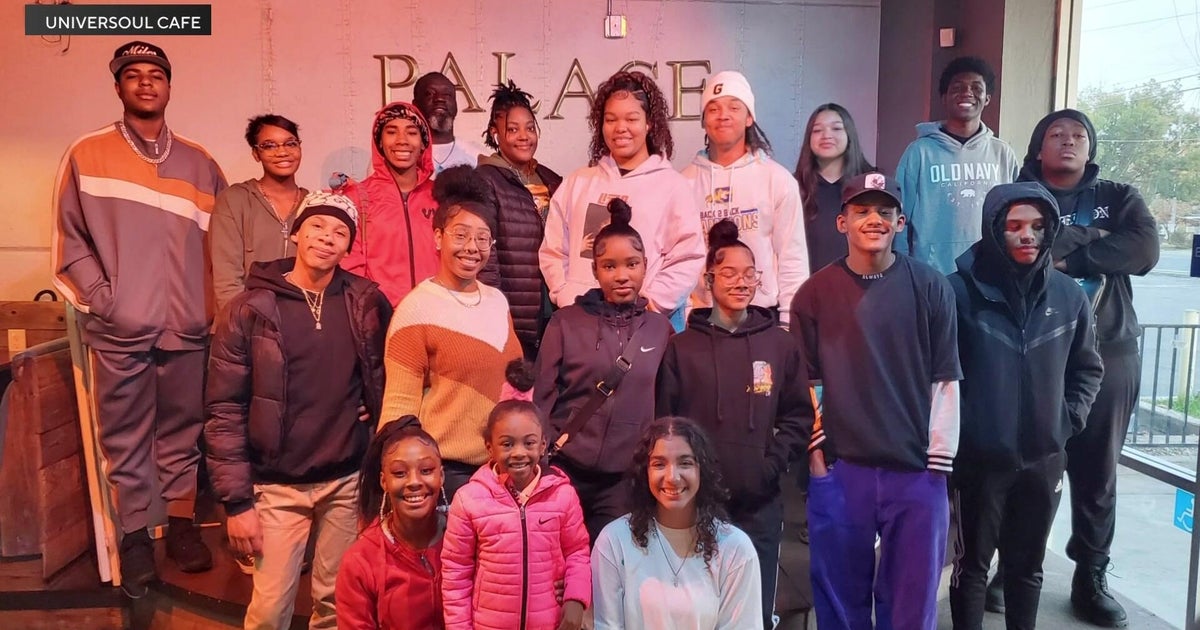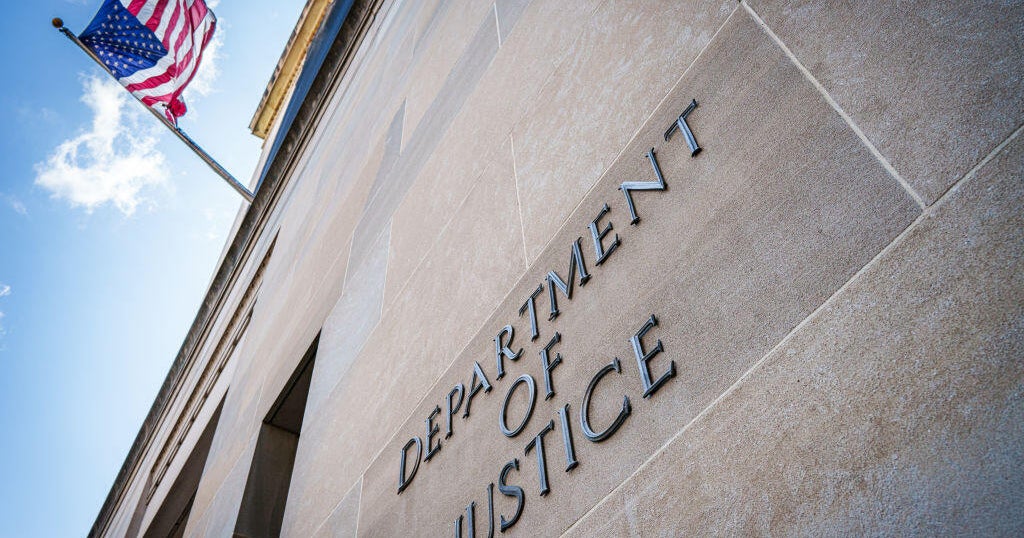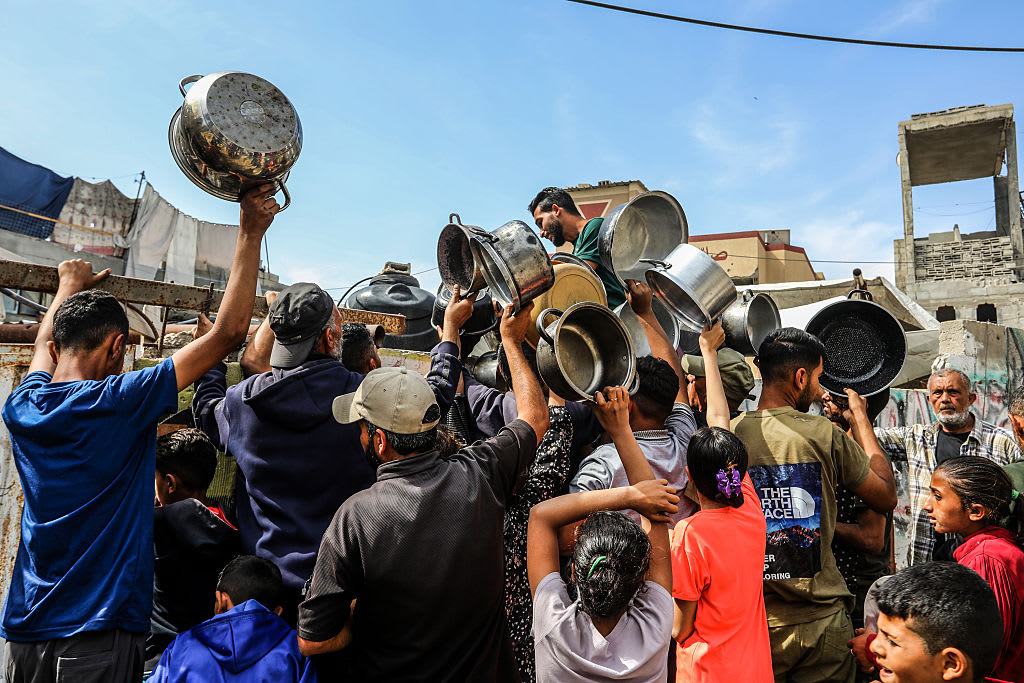Transcript: Cindy McCain, World Food Programme executive director, on "Face the Nation," March 31, 2024
The following is a transcript of an interview with Cindy McCain, World Food Programme executive director, that aired on March 31, 2024.
ED O'KEEFE: We're joined by the Executive Director of the World Food Program, Cindy McCain. Mrs. McCain, it's great to see you. Thank you for joining us. Simply put–
EXECUTIVE DIRECTOR WORLD FOOD PROGRAM, CINDY MCCAIN: My pleasure.
ED O'KEEFE: Simply put, right now there are too many people in the world going hungry and you have some critical insights into that, which is why we're so pleased that you're with us this morning. I wanted to begin with the situation earning the most attention right now in Gaza and as the war continues, the International Court of Justice this week called for Israel to, quote "take all necessary and effective measures" to allow humanitarian assistance into Gaza. What needs to change so that your teams can operate there?
CINDY MCCAIN: Well, first of all, thank you for covering this issue. We need access. We need full, unfettered access and right now we don't have that. We can occasionally get a few trucks in. We can occasionally get up all the way to the north, but it's not consistent and is- and is not to scale either. All of the other issues regarding maritime and airdrops and all those are all good. We need any- any way to be able to get food in- in any way we can, but they can't take it to scale. We really need access to the road and we need to be able to get up to the north, all the way without being caught at checkpoints and turned around.
ED O'KEEFE: I read the World Food Program estimates simply addressing the basic food needs will require at least 300 trucks to enter Gaza every day and distribute food, especially in the north, as you mentioned, but you've only managed to get about nine convoys of trucks in since the start of the year. That's nothing, right?
CINDY MCCAIN: It's nothing. It really is. We were able to yesterday, or today I guess it was, get nine trucks in, period. We also were part of an airdrop today that was 6.1 metric tons. That's nothing. We just cannot continue this way. As you know, famine is imminent in the north and so unless we can- can really convince our- our diplomatic groups and our political groups around the world to help convince the Israelis that we must get in and we must do it in a- in a sustained and unfettered- unfettered way. We can't- people are going to die otherwise, and they already are dying.
ED O'KEEFE: When you or your colleagues speak with Israeli officials about getting that access, what is the reason they're giving you why they're not letting you in? Do they not understand the situation? Or is there some other reason?
CINDY MCCAIN: Well, I'm not really sure where the mistake has been made, but I do know that there's been accusations that somehow the U.N. isn't doing their job, which couldn't be further from the truth. So I think again, it's politics. I think it's something that- that we're, you know, various factions are involved in, all I want, all I need to know is when and where we can take the food in, make sure that we can distribute it. That's what I want to know from the Israeli government.
ED O'KEEFE: You're especially concerned as well about what's happening in parts of Africa, specifically Sudan, South Sudan, and Chad, and you said, this could become the world's largest hunger crisis. Why is that?
CINDY MCCAIN: Well, quite frankly, it's the forgotten crisis now. Sudan no- is no longer paid attention to in the world media, and- and things haven't stopped there. People are still fighting, there is no food. We have no access and we're also fighting a climate change issue there as well. So it's almost a combination of a perfect storm, with- with 2.2 million refugees across the borders, in various countries, especially Chad and the funding sources that we have right now and our ability to be able to fund, it just isn't- isn't meshing. We don't have enough money and we need to be able to make sure that we can feed the refugees that are across the border, and also get access into Sudan from this- from- from the- the western side, the southern side, through South Sudan, and through the north, we've got to get food in there as well, because it can be and will be, I hope not, I pray not, the next- the next largest humanitarian crisis that will- that we will know.
ED O'KEEFE: And not only humanitarian crisis, you've suggested it could be a real national security risk for the United States, right?
CINDY MCCAIN: Very much so. People migrate, you know, the bad guys get mixed up in all of this. Food is the- is the major element here in being able to keep populations stable and keep- keep them healthy as well. With those two things not tended to, then people migrate, they run, they take their families, they do anything they can to feed their families.
ED O'KEEFE: You've made an interesting point that I think is a good reminder to all of us that these hunger crises around the world are not being caused by natural disasters, but by man-made events and conflict. And nowhere right now, perhaps, at least in this hemisphere, where we sit, is that most apparent than in Haiti, what is the situation there, as you understand it?
CINDY MCCAIN: It's catastrophic. We- we WFP are still in there and we still are working in the north somewhat and somewhat down towards the center, but it is a very dicey situation. We are continuing our school feeding programs, but once again, as you've seen, there have been evacuations of U.N. personnel out of there. It's just, again, this is a diplomatic solution. This is a man-made crisis, and we need a diplomatic solution to it and we need it now. We need it right now.
ED O'KEEFE: You know, we'd be remiss if we didn't ask you while we have you about the death of the late Senator Joe Lieberman, who of course, was such a good friend to you and to your late husband, what did he mean to the McCain family?
CINDY MCCAIN: Oh, he was Uncle Joe to my children, he was a friend to my family and- and I had the extreme opportunity of watching two men together, not only navigate the difficulties that the world offered up to them as- as in what they did, but also watch them solve problems together in a way that was gracious and kind and loving towards humanity. And I had the good fortune of being able to call him my friend too.
ED O'KEEFE: Executive Director, Cindy McCain of the World Food Program, thank you for joining us.
CINDY MCCAIN: Thank you for having me.
ED O'KEEFE: And we'll be right back.



